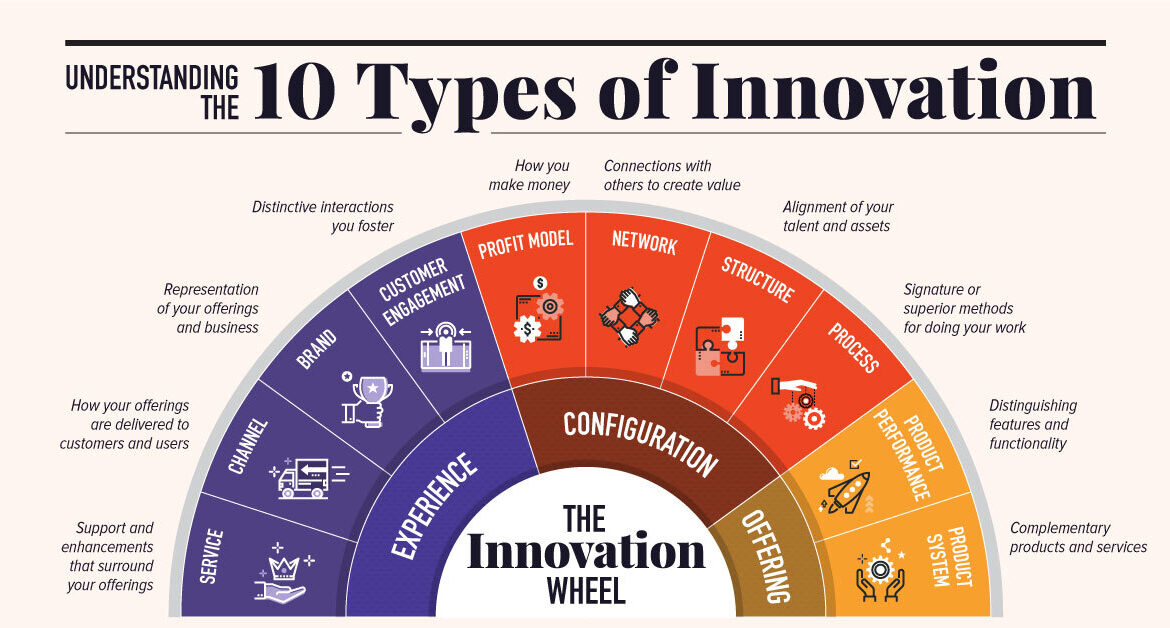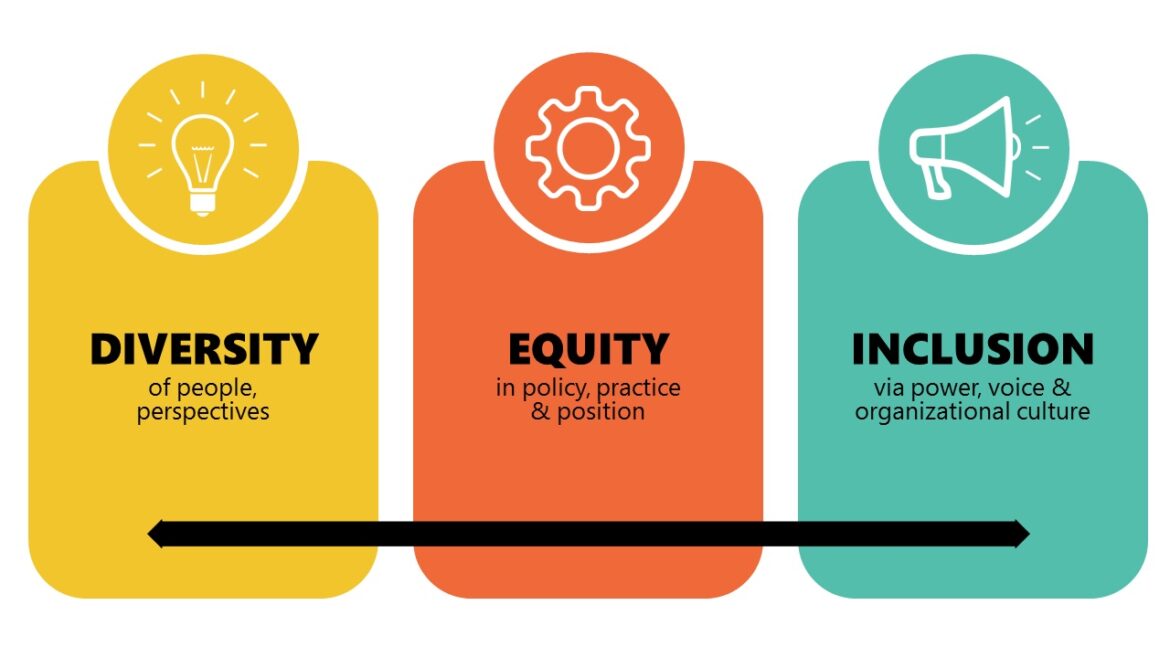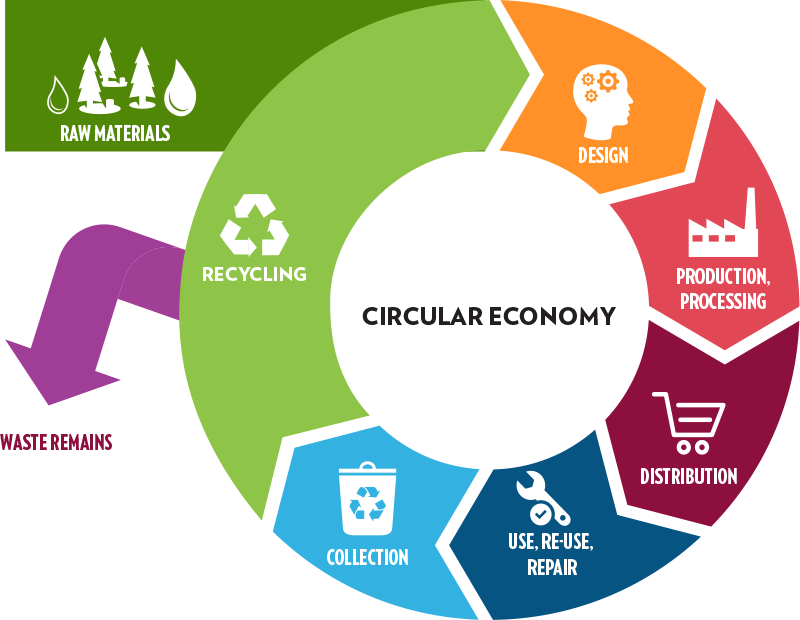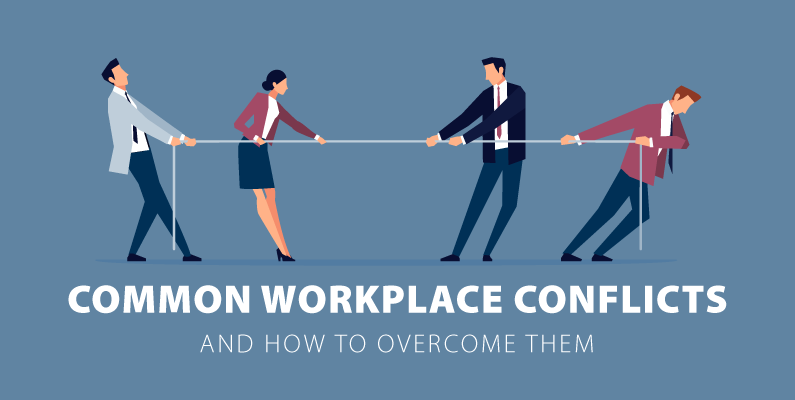Start Your Startup Today: Turning Your Ideas into Reality
Start Your Startup Today: Turning Your Ideas into Reality https://theraise.eu/wp-content/uploads/2023/11/istockphoto-962136288-612x612-1.jpg 612 408 RAISE fosters startup growth and scale-up within and across Europe https://theraise.eu/wp-content/uploads/2023/11/istockphoto-962136288-612x612-1.jpgStarting your own startup is an exciting journey that allows you to turn your creative ideas into a thriving business. In this article, we’ll explore the steps you can take to kickstart your own startup and offer some straightforward advice to help you get started.
- Find Your Passion
The first step in starting a startup is to find something you’re passionate about. Think about what truly excites you, what problems you’d like to solve, or what you love doing. Your passion will be the driving force behind your startup, helping you stay motivated even when faced with challenges.
- Identify a Problem
Successful startups often begin by identifying a problem that needs solving. Take a closer look at the world around you and see if there’s a need that your startup could address. The best startups provide solutions to real-world issues, making people’s lives easier or better.
- Research and Planning
Once you’ve identified a problem, it’s time to do some research. Study the market, your potential competitors, and your target audience. This information will help you create a solid business plan, outlining your goals, strategies, and financial projections.
- Build a Team
No startup is a one-person show. You’ll need a team to help you bring your idea to life. Look for people who share your passion and complement your skills. A diverse team with a mix of talents can make your startup stronger.
- Create a Prototype or MVP
A prototype or Minimum Viable Product (MVP) is a simplified version of your product or service that demonstrates its core features. It’s a crucial step to test your idea in the real world, get feedback, and make improvements. Don’t worry about making it perfect from the start; the goal is to learn and adapt.
- Secure Funding
To turn your idea into a full-fledged startup, you’ll likely need funding. There are various ways to secure funding, such as seeking investors, applying for grants, or even using your own savings. Choose the option that best suits your startup’s needs.
- Launch Your Startup
With your team, business plan, and funding in place, it’s time to launch your startup. Share your product or service with the world. Utilize marketing and advertising to reach your target audience and start building your customer base.
- Adapt and Evolve
Starting a startup is just the beginning. Be prepared to adapt to changes and challenges. Listen to your customers’ feedback and be open to making improvements. Flexibility is key to the long-term success of your startup.
Turning Dreams into Reality: Embark on Your Startup Adventure Today
Starting your own startup can be a fulfilling and rewarding journey. It’s a chance to turn your passion and ideas into a business that can make a real impact on the world. With careful planning, a dedicated team, and a commitment to learning and evolving, you can start your startup today and work towards building a brighter future. So, take that first step, and turn your dreams into reality. Your startup adventure awaits!
Photo via iStockPhoto












